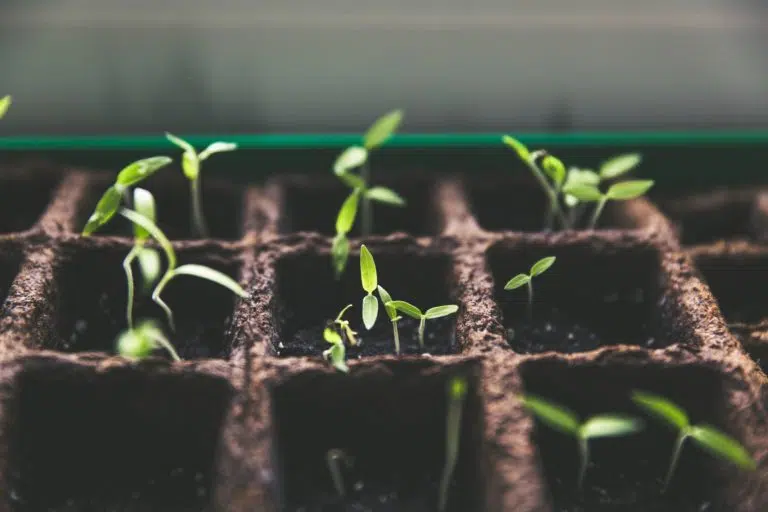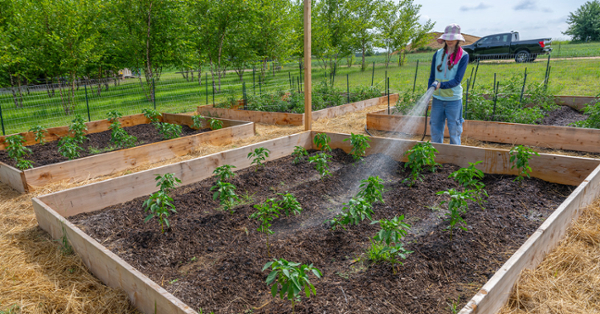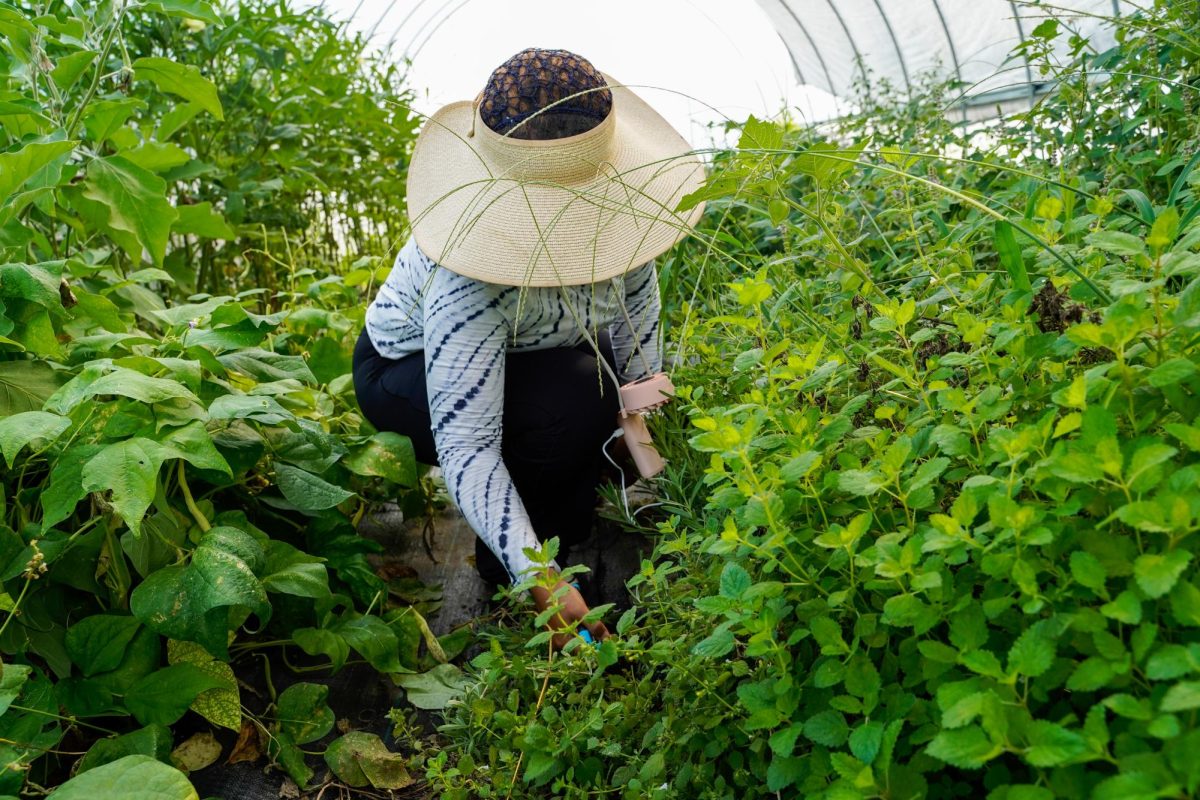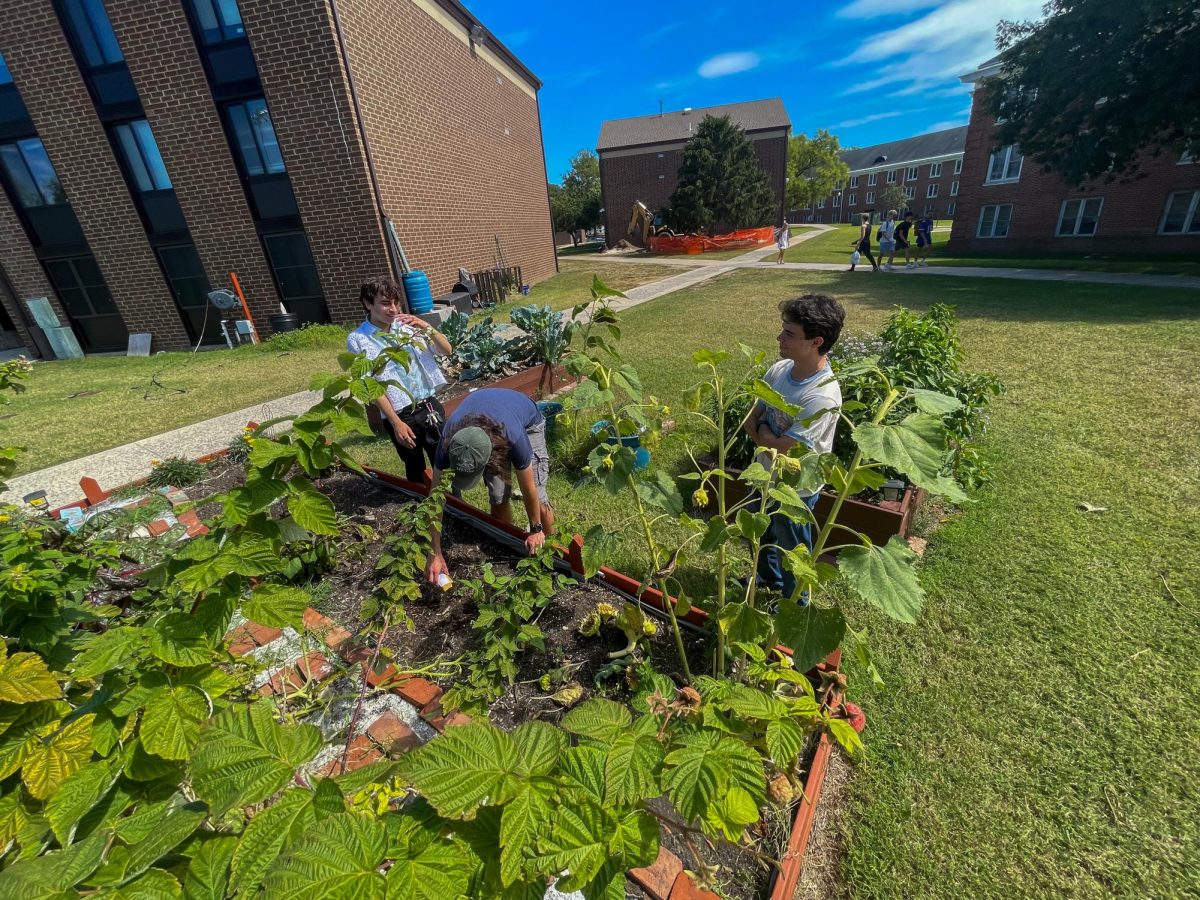When many people think about what they can do to help address climate change, they often think of conserving energy in their homes or buying an electric car.
However, the first thing that should come to mind is the food you eat.
Our food system generates a third of the world’s greenhouse gas emissions.
Processed food, which has been altered from its original form, requires additional energy, water, chemicals and packaging.
According to an article from Delish, about 60% of the U.S. diet is ultra-processed food. As enjoyable as your favorite summertime treats like hot dogs, soda and chips might taste, they aren’t particularly good for your health — or the environment.
In response, many people choose to reduce their meat consumption and eat more fruits and vegetables.
It takes less land, water and energy to grow produce than to raise animals for food. And unlike processed food, they doesn’t require burning fossil fuels or adding chemicals to the actual product.
Making a list of everything you buy that might be considered processed foods and replacing it with more environmentally friendly options can make a difference. Even sticking to companies that use whole or organic ingredients can help guide you to alternatives of your favorite foods and snacks that are healthier and have a small environmental impact.
What you do after you eat also makes a difference.
Composting food waste helps reduce the amount of waste in landfills and reduce methane, according to the Environmental Protection Agency.
Composting is also a great way to return natural nutrients to your garden that yields more food.
Ultimately, it means giving back to the environment that once provided you with that fruit or vegetable you just ate.








